Financial Strain: The survey's key findings underscore a growing financial strain on medical groups, particularly those affiliated with larger systems. The median loss per physician for system-affiliated groups has surpassed $249,000, reflecting a widening gap between revenue and expenses. While total revenue per physician increased by 18.3%, reaching $719,901, total expenses per physician surged by 14.3%, totaling $1,036,238. This divergence reveals a 9.1% increase in total revenue per physician since pre-pandemic levels in 2020, coupled with a substantial 26.5% rise in total expenses per physician over the same period.
External Pressures Impacting Performance: According to Mike Coppola, MBA, chief operating officer of AMGA Consulting, external pressures are contributing to these financial challenges. Factors such as rising labor costs, staffing shortages, and regulatory changes, including those from the CMS, are taking a toll on medical group performance. Leaders are now channeling their efforts into enhancing operational efficiencies through strategies like virtual visits, patient self-scheduling, care team redesign, and the implementation of AI-driven process improvements.
Labor Shortages Exacerbate Expenses: Labor shortages, a pervasive issue across medical groups, are exacerbating financial strains. The survey found that system-affiliated groups, in particular, are grappling with escalated expenses due to staffing challenges. The need to address workforce constraints is pushing groups to explore process changes, care model innovations, and automation to enhance efficiencies.
Access Challenges: While grappling with financial pressures, medical groups are also prioritizing access to care. Staffing constraints for physicians, advanced practice clinicians, and clinic staff are prompting groups to explore process changes and automation to maintain or improve access. Telehealth services, once a significant access point during the COVID-19 pandemic, have seen a leveling off in 2023, particularly in primary care specialties.
Revenue Cycle Management: The survey highlights the need for tools to manage revenue cycle performance. Controllable denials, which still represent 17.1% of the total, pose financial risks. The report emphasizes the importance of leveraging external benchmarks for comparison and internal trends for self-assessment. Coppola suggests that addressing controllable denials presents an opportunity for groups to enhance revenue cycle processes.
Strategic Evaluation and Benchmarking: Despite the challenges, the report identifies areas for improvement and strategic evaluation. From assessing group mix and composition to enhancing operational efficiencies and access, medical groups are exploring a spectrum of options to navigate the complexities of the current healthcare landscape.
15% Off Medical Practice Supplies
VIEW ALL
 Manual Prescription Pad (Large - Yellow)
Manual Prescription Pad (Large - Yellow) Manual Prescription Pad (Large - Pink)
Manual Prescription Pad (Large - Pink) Manual Prescription Pads (Bright Orange)
Manual Prescription Pads (Bright Orange) Manual Prescription Pads (Light Pink)
Manual Prescription Pads (Light Pink) Manual Prescription Pads (Light Yellow)
Manual Prescription Pads (Light Yellow) Manual Prescription Pad (Large - Blue)
Manual Prescription Pad (Large - Blue)__________________________________________________
Appointment Reminder Cards
$44.05
15% Off
$56.30
15% Off
$44.05
15% Off
$44.05
15% Off
$56.30
15% Off

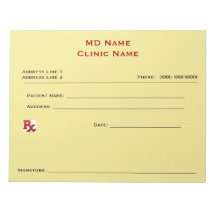
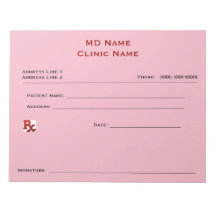

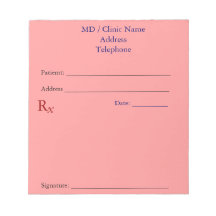

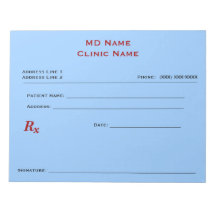
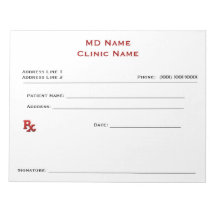





No comments:
Post a Comment